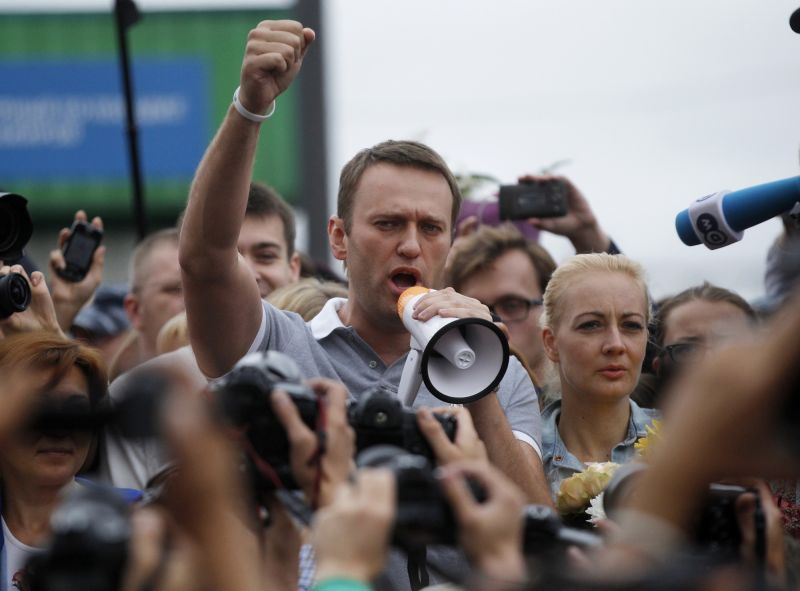Much has been written about the controversial political landscape in modern-day Russia. One key aspect that continually grabs international headlines surrounds the controversy and intrigue that seems to follow critics of Russian President Vladimir Putin. The recent plight of Alexei Navalny, a Russian opposition leader, serves as the latest example in a string of incidents where critics of Putin find themselves facing severe, often fatal consequences.
Alexei Navalny, a lawyer and anti-corruption activist, has long been a thorn in the side of the Kremlin, due to his relentless criticism of Putin’s government and his widespread popularity among the youth. This culminated in Navalny’s poisoning in August 2020, an incident that drew worldwide attention and condemnation. It’s an alarming addition to a long history of prominent Putin critics meeting untimely and suspicious ends.
Given the high-profile nature of Navalny’s poisoning, it’s tempting to view it as an isolated incident. However, a closer look at modern Russian history paints a different picture. Navalny’s predicament is far from unique. Many Putin critics have suffered similar fates or worse, under dubious circumstances that raise questions about the freedom and security of political opposition in Russia.
Prominent journalist and human rights activist Anna Politkovskaya, who heavily criticized Putin for his policies on Chechnya and human rights, was found shot dead in her apartment elevator in 2006. Litvinenko, a former FSB officer, died of polonium-210 poisoning weeks after blaming Putin for Politkovskaya’s death. Boris Nemtsov, a former deputy prime minister turned Putin critic, was shot dead near the Kremlin in 2015. And these are just the cases that have made international headlines.
Then there’s the case of Sergei Magnitsky, a lawyer who uncovered a massive corruption scam involving top government officials. After reporting the fraud, Magnitsky was arrested and subsequently died in jail under suspicious circumstances. In response, the US enacted the ‘Magnitsky Act’, a set of sanctions against Russian officials implicated in human rights abuses.
What do all these cases have in common? They involve outspoken critics of Putin and his government who faced lethal consequences. Whether coincidence or not, the trend is noteworthy and deeply troubling. Each incident serves to further stifle political dissent and to send a clear message to any would-be Putin critics.
While Russian government officials have continually denied involvement in such cases, the pattern of violence against Putin’s critics is hard to ignore. In a nation where power is concentrated and criticism of the government can lead to peril, the space for democracy and freedom of speech are ultimately choked.
It’s within this context that Alexei Navalny’s poisoning must be viewed. It is not an isolated case, but the latest in a long line of incidents stretching back years, where Putin critics meet grave ends under questionable circumstances. Navalny, like Politkovskaya, Litvinenko, Nemtsov and Magnitsky before him, dared to question and challenge Putin’s authority and found themselves paying the ultimate price.
This pattern of fatal backlash against Putin’s critics paints a stark and concerning picture of Russia’s political climate. The poisoning of Navalny, like the unfortunate fates of other credible opposition figures before him, serves as a reminder of the perilous path that critics of Putin’s regime often find themselves on.




